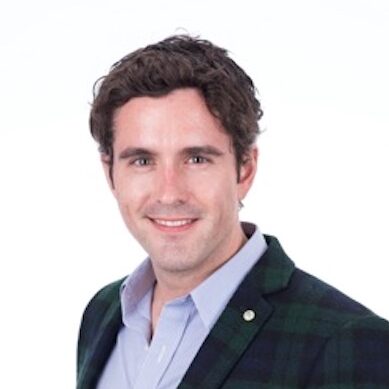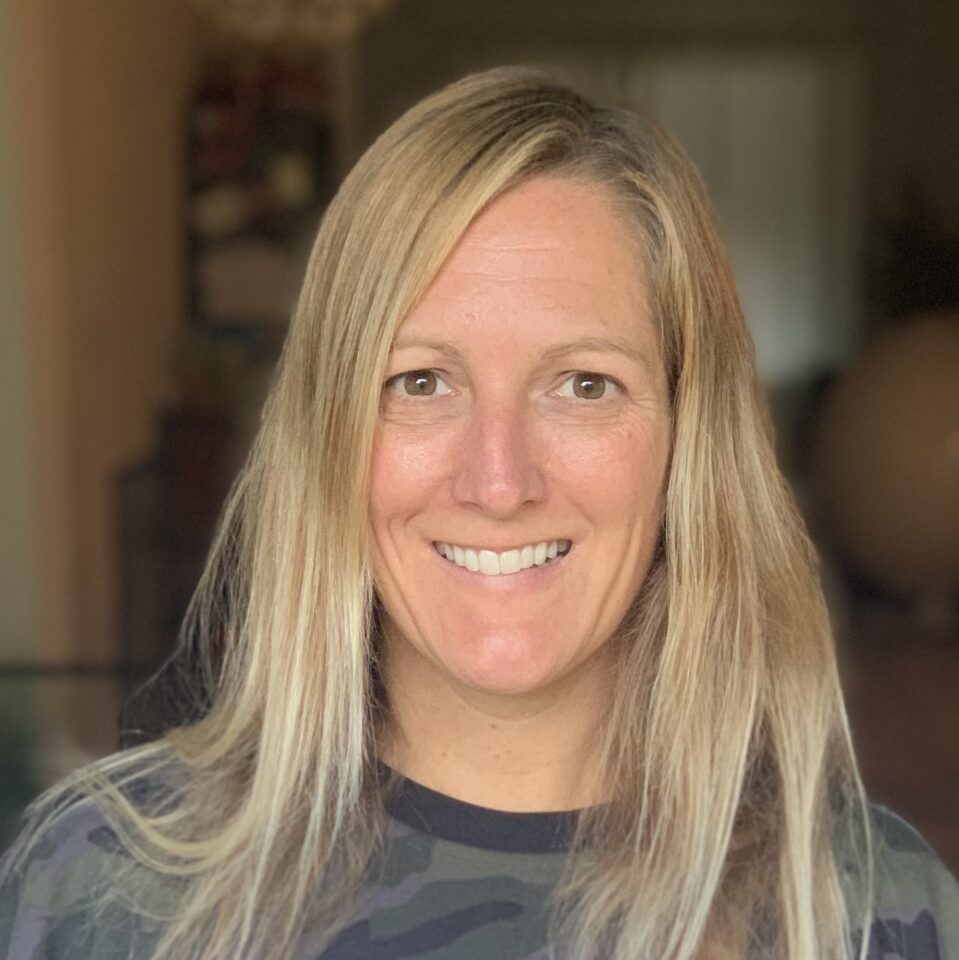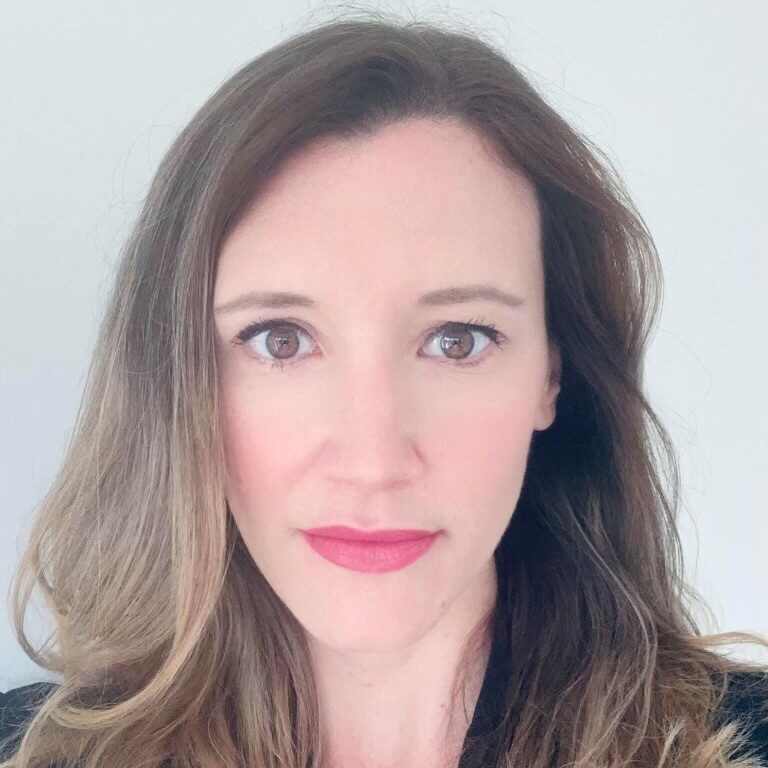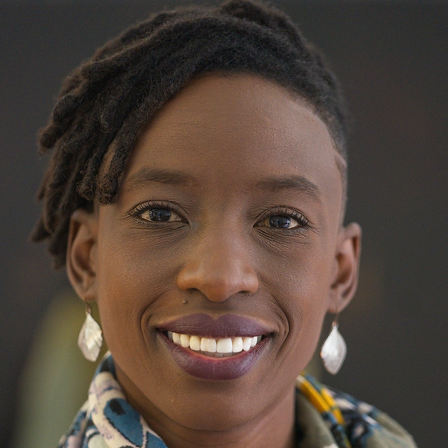Nine U of T researchers have received research grants from Inlight, the Student and Youth Mental Health Research Initiative at the University of Toronto, which officially launched on May 1, 2023, in support of their impactful research that aims to spark advances in post-secondary student mental health and wellness.
The recipients include Daniel Grace, associate professor at the Dalla Lana School of Public Health, Anthony C. Ruocco, professor, graduate chair and director of clinical training at the Department of Psychological Clinical Science at UTSC, Linda Iwenofu a clinical child psychologist and assistant professor at the Ontario Institute for Studies in Education (OISE), Catherine Sabiston, professor at the Faculty of Kinesiology and Physical Education (KPE), France Gagnon, associate dean of research at the Dalla Lana School of Public Health, Amanda Uliaszek, associate professor, Department of Psychological Clinical Science at UTSC, Janelle Joseph, assistant professor OISE, Camisha Sibblis, assistant professor, division of sociology at UTM, and Antje Budde, associate professor, Faculty of Arts and Science, Centre for Drama, Theatre and Performance Studies.
“In addition to the student-led research that Inlight is driven to support, we are also proud to be able to provide funding to faculty researchers at U of T, who are actively leading projects that will rapidly build knowledge in areas pertaining to the mental health needs of diverse student populations,” says Kristin Cleverley, academic director of Inlight and associate professor at the Lawrence S. Bloomberg Faculty of Nursing.
Each of the one-year projects supported by funding from the Inlight research grants include students as co-investigators or collaborators and will address some important areas of mental health for post-secondary students, including the needs of 2SLGBTQ+ students, understanding anti-Black racism and mental health within higher education, the intersection of mental wellness and disability services, and the lingering impact of the COVID-19 pandemic.
Inlight officially launched on May 1 as one of the university’s newest institutional strategic initiatives.
Learn more about Inlight’s Research Grant Recipients below.

Anthony C. Rucocco is a professor, graduate chair, and director of clinical training in the Department of Psychological Clinical Science at UTSC will collaborate with students and peers on capturing the diversity of student experiences to better inform, develop and validate context-specific mental health questionnaires for students. Their goal is to provide insight into students’ intersectionality with mental health experience.

France Gagnon is the associate dean of research at the Dalla Lana School of Public Health and alongside her collaborators and student researchers will set out to understand context-dependent pandemic reactions, mental health shifts, and factors affecting student resilience and their susceptibility in the hopes of shaping future post-secondary policies and resources allocation to support student mental health.

Daniel Grace is an associate professor at the Dalla Lana School of Public Health will work with students and collaborators from the Centre for Sexual and Gender Minority Health to address the gaps in data for the diverse needs of 2SLGBTQ+ students. The project will also involve the co-creation of accessible mental health resources for 2SLGBTQ+ students and will raise recommendations for how to increase and improve mental health services at the university.

Catherine Sabiston is a professor at the Faculty of Kinesiology and Physical Education (KPE) who will be exploring the connections between exercise for mental health. She and her team which includes Sandra Yuen the Director of Professional Practice and Quality Assurance at Health and Wellness, will build on a previous pilot study to examine the effectiveness of group exercise programs for students seeking support for mental health symptoms on campus.

Amanda Uliaszek is an associate professor in the Department of Psychological Clinical Science at UTSC, will work with her team on examining the intersection of mental wellness and disability services in the postsecondary setting, including key academic and health outcomes for students registered with U of T’s tri-campus Accessibility Services. Their goal is to gain a better understanding of the unique needs of students, including identifying any gaps in services and uncover possible areas of intervention.

Linda Iwenofu a clinical child psychologist and assistant professor at the Ontario Institute for Studies in Education (OISE), will lead a project focused on Anti-Black racism and mental health in higher education specifically looking at current and prospective Black postsecondary students’ perceptions and experiences of racial discrimination within university contexts, in addition to identifying ways in which the students’ perceptions and experiences of on campus racial discrimination impact their mental health and well-being.

Antje Budde is an associate professor at the Centre for Drama, Theatre and Performance Studies in the Faculty of Arts and Science whose research explores the potential of arttech for well-being. In addition to featuring faculty and student generated contributions to the Minds Redefined Initiative, Budde’s Digital Dramaturgy Labsquared will test two prototypes of performance-based interactive and participatory interfaces designed to help students engage in playful, game-based learning to better understand their status of mental health and well-being.

Camisha Sibblis is an assistant professor in the division of sociology at UTM. Her project will focus on on understanding the socio-ecological impact on Black student mental health following the COVID-19 pandemic in addition to exploring the impact of systemic racism on their mental health. The project will also seek to examine barriers to supports, and concepts of what anti-racist support and praxis would look like with the aim of developing effective interventions for Black students.

Janelle Joseph is an assistant professor at the Faculty of Kinesiology and Physical Education. Her research aims to build foundational knowledge around the mental health experiences of racialized graduate students at the University of Toronto. Joseph’s study will also seek to uncover institutional barriers to mental health and develop evidence based interventions and policies to improve mental health outcomes and academic success of racialized graduate students.

